This section provides an overview of the most common services provided by the NHS in England, such as emergency and urgent care, general practitioners (GPs) or dental services. Explore each service and find out what you should expect from the NHS, how to access particular services, and the costs involved (if any).
Choosing which service is right for you at a given time may not always be easy – often you have more than one option. Use the checklist below to guide you if you're not sure where to start.
For information about conditions and treatments, read the Health A-Z guides.

Call NHS 111 if you urgently need medical help or advice but it's not a life-threatening situation. You can also call NHS 111 if you're not sure which NHS service you need.

Call 999 if someone is seriously ill or injured and their life is at risk.

Visit a walk-in centre, minor injuries unit or urgent care centre if you have a minor illness or injury (cuts, sprains or rashes) and it can't wait until your GP surgery is open.

Ask your local pharmacist for advice – your pharmacist can give you advice for many common minor illnesses, such as diarrhoea, minor infections, headache, travel advice or sore throats.

Make an appointment with your GP if you are feeling unwell and it is not an emergency.

Not all medical emergencies require A&E. Find out who else provides emergency and urgent care services in the NHS, such as major trauma services, walk-in centres or NHS 111, and how to access them.

Find out what services NHS pharmacists and chemists provide, including information about the new medicines service and prescription costs.

The GP is often the first point of contact for many patients. This section offers information about NHS GP services, including how to register and book an appointment.
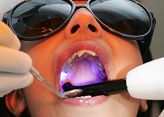
Be prepared for your dentist appointment. Get tips and advice on dental treatments and how to find a dentist, plus how to complain if things go wrong.

This a guide to mental health services in England. Find out how to get help, what happens under the Mental Health Act, tips for parents and young people, and a comprehensive glossary of services and teams.
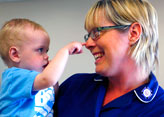
Find information about NHS hospital services, including choosing hospitals, giving consent to treatment, and aftercare.
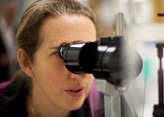
Get tips and advice about NHS eyecare services, including sight tests for children and vouchers.

If you need help and advice about sexual health matters, there are various places you can go. Get an overview of who offers what sexual health services.
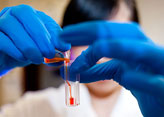
It's not all about dead bodies: nearly every patient has had dealings with pathology services at one point. Find out what role pathology plays in providing healthcare.
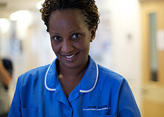
Find information about how to access NHS services in England. The content is tailored for people who come from EEA as well as non-EEA countries as different rules often apply. Not knowing the rules means you could be charged at 150% of the standard NHS rate for your treatment.
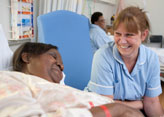
The new test allows you to give feedback on the care or treatment you received at a hospital ward or A&E department. Would you recommend this service to friends and family? Find out more about the NHS friends and family test.
